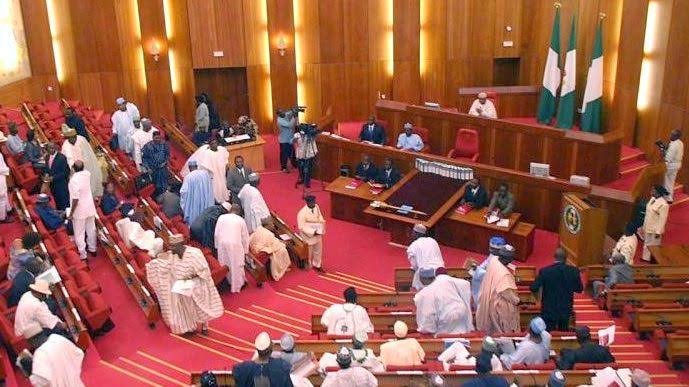The investigation into the $1.5 billion spent on the Port Harcourt Refinery’s maintenance is gaining momentum as both the Senate and the House of Representatives have launched a probe into the matter.

This comes amidst widespread accusations of corruption and sabotage within Nigeria’s oil and gas sector. In 2021, $1.5 billion was approved for the refinery’s overhaul, yet the refinery remains largely non-functional, forcing Nigeria to rely heavily on imported petroleum products.
Initially, the Senate and House of Representatives had decided to conduct separate investigations. However, they have now merged their efforts, defying their own rules by not reverting to plenary for approval. The leadership of both chambers has combined their investigative committees, signaling a unified approach to uncovering the truth behind the refinery’s poor performance despite significant financial investments.
The Senate, led by Senator Opeyemi Bamidele, Chairman of the Ad-hoc Committee on Economic Sabotage in the Petroleum Industry, expressed concerns during a session with key stakeholders, including the Minister of Finance,
Wale Edun, and the Group Managing Director of the Nigerian National Petroleum Corporation Limited (NNPCL), Melee Kyari. The Senate lamented the mismanagement of government-owned refineries, contrasting it with the success of private enterprises.
Bamidele highlighted the nation’s dependence on imported petroleum products, despite being a major crude oil supplier to the global market. He described the situation as a significant challenge, exacerbated by the continued importation of substandard petroleum products, which further harms the country’s economy and public health.
The session also featured discussions on the broader issues plaguing the Nigerian oil sector. Kyari defended NNPCL against accusations of sabotage, emphasizing the company’s growth and profitability after years of losses. Meanwhile, Minister of State for Petroleum Resources, Heineken Lokpobiri, called for transparency in the investigation, urging the Senate to broadcast the proceedings live to ensure public trust and accountability.
Further contributions came from Mr. Aliyu Suleiman, Chief Strategy Officer at Dangote Industry Ltd., who provided updates on the Dangote Refinery’s progress. He stated that since March, the refinery has processed millions of barrels of crude oil and produced substantial quantities of petroleum products,
Which have been distributed across Nigeria. Wale Edun, the Minister of Finance, emphasized that increasing crude oil production would help stabilize Nigeria’s foreign exchange market, a critical aspect of the country’s economic health.




